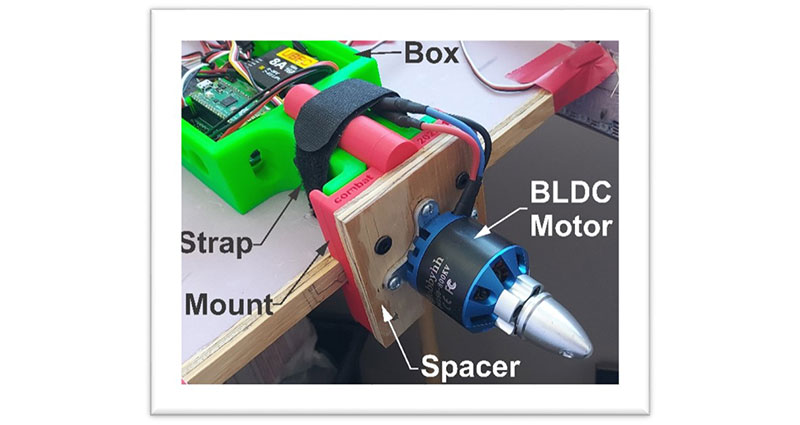Why Use Hydraulic and Pneumatic Actuators VS Electromechanical Actuators
There are times when electromechanical actuators are either too slow or do not have enough power to perform a specific task. As an alternative, pneumatic actuators can provide very high speeds, while hydraulic actuators can deliver staggering amounts of force.
Both alternatives involve adding extra components such as valves, pressure limiters, tubing, and storage vessels, but the results are an improved project that meets or exceeds design requirements. Actuators use either a piston (linear) or vane (rotary) as the moveable component. Pushing a fluid into an actuator puts pressure on the piston or vane causing them to move.
Choosing the right alternative
Pneumatic systems create motion by pushing compressed air into the actuator. Depending on the air pressure, volume, and applied load, the actuator responds quickly. Because the actuator uses compressed air, a change in load may cause the actuator piston or vane to move under pressure depending on whether the change was an increase or decrease. As a rule, pneumatic actuators are the fastest, but their motion is not proportional, and their final position is moveable.
Hydraulic systems create motion by pumping a non-compressible fluid into the actuator. The piston/vane moves an amount directly proportional to the amount of fluid pumped, and the speed is determined by the pressure applied to the fluid. Because the fluid is non-compressible, the final position is not moveable by a change in load force. Hydraulic fluid has a viscosity much higher than air and so takes longer to pump a given volume.
Conclusion
Although much more powerful and positional, hydraulic systems move slower than pneumatic systems. Although much faster, pneumatic systems are not positionable and can move with a change in load. Both options offer superior performance pros to many electromechanical systems but require more accessory components. Choose carefully.

Have questions or comments? Continue the conversation on TechForum, DigiKey's online community and technical resource.
Visit TechForum











